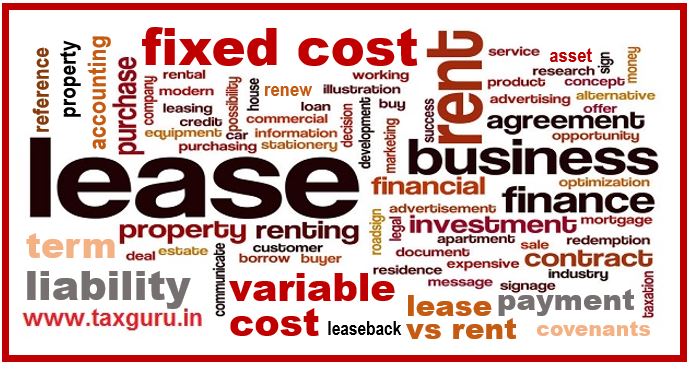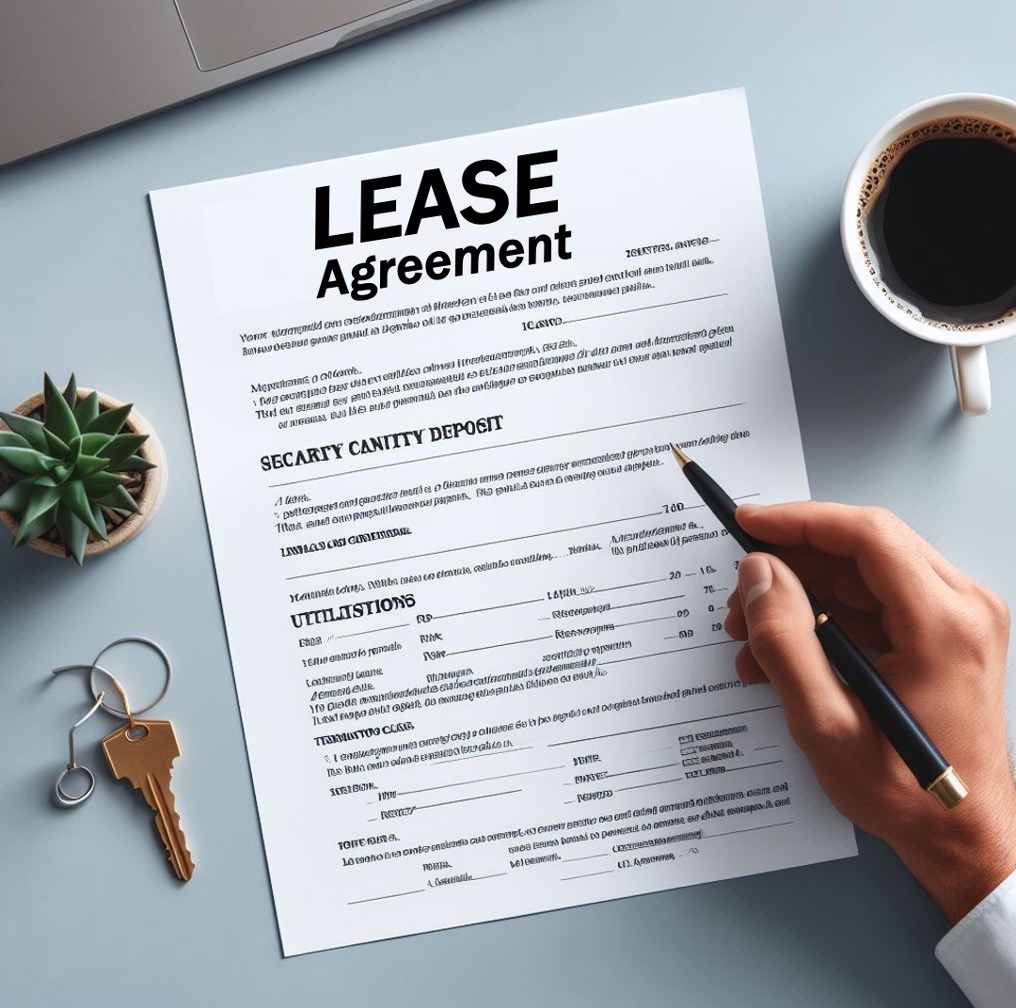A lease is a contractual agreement between two parties, the lessor (owner) and the lessee (user). In return for recurrent payments, the lessor gives the lessee the right to use a particular asset—like real estate, a vehicle, or machinery—for a predetermined time.
The lease agreement specifies all of the terms of the lease, including its duration and monthly payment amounts.
The University of Nebraska System has the following definition of “lease”:
“A rental agreement for continuous exclusive control of real property, usually for a specific term and, in exchange, then tenant agrees to give the landlord some sort of consideration. A lease transfers to the tenant a leasehold interest in real property and, unless otherwise provided in the lease, is typically irrevocable.”
Lease vs. rent
The terms ‘rent’ and ‘lease’ are often used interchangeably, but they can refer to different arrangements.
‘Rent’ typically implies a shorter-term agreement, often renewed monthly, whereas a ‘lease’ usually involves a longer fixed term, such as 12 months or more.
However, usage can vary, and it’s possible, for example, to rent an apartment under a long-term agreement.

Key elements of a lease
- Asset
The item/subject of the lease, which may be a building, office, vehicle, piece of equipment, etc.
- Lessor and lessee
Both parties – the owner and user – have to be involved, committed, and in agreement for the lease to work.
- Lease term
How long the asset will be leased.
- Lease payments
The frequency of payments, plus their amounts, made by the lessee to the lessor.
- Terms and conditions
The agreed-upon rules regulating the usage of the leased asset (the item being borrowed).
Types of leases
The world of leasing encompasses various types of contracts, each designed to suit different needs and circumstances. Here are some common types of leases:
- Operating Lease
Often a short-term agreement, an operating lease provides the lessee with the right to use an asset. However, it doesn’t transfer the responsibilities or benefits of ownership. This means the lessee can use the asset for a period, typically shorter than the asset’s life, without the need to record it as an owned asset on their financial statements.
- Finance lease (or capital lease)
Usually longer in duration (than the one above), where some ownership risks and benefits are assumed by the lessee.
- Gross lease
The lessee pays a fixed amount of rent, and the lessor bears most of the property’s operating expenses, including maintenance, taxes, and insurance.
- Net lease
Along with the rent, the lessee is responsible for some, if not all, property-related expenses.

Key Considerations
Entering into a lease agreement involves several crucial considerations, such as:
- Legal protection
A lease agreement serves as a legally binding document that outlines the rights and responsibilities of both the lessor and the lessee. This legal framework is essential because it offers recourse if either party fails to uphold their part of the agreement, whether it concerns payment terms, property maintenance, or other conditions specified in the lease.
- Clarity and understanding
Ensures both parties know and agree to their rights, responsibilities, and obligations, preventing future disputes over the leased asset.
- Financial planning
Both parties can effectively plan and manage their finances with predetermined payment amounts and schedules.
Practical implications and considerations
For individuals:
- Residential leases
Understanding lease terms is crucial for young adults renting their first apartment, ensuring they know their rights, responsibilities, and legal protections as tenants.
- Vehicle Leases
Lessees should be aware of mileage limits, wear and tear policies, and options for ending the lease early.
For businesses:
- Commercial Leases
Companies frequently lease commercial spaces, requiring knowledge of different lease types and their financial impact.
- Equipment leases
Choosing between leasing and purchasing equipment significantly impacts a business’s cash flow and balance sheets.
Before entering the lease…
Here are some things to consider before entering a lease:
- Affordability
Can you or your company afford it?
- Terms
Make sure you understand and agree with all lease terms.
- Flexibility
Do your long-term requirements match the terms and duration of the lease?
- Check the market
Shop around before making a decision. Compare prices, terms, testimonials, customer service, company reputation, product quality, warranty offerings, and return policies.
Written by Nicolas Perez Diaz, October 4, 2023.
